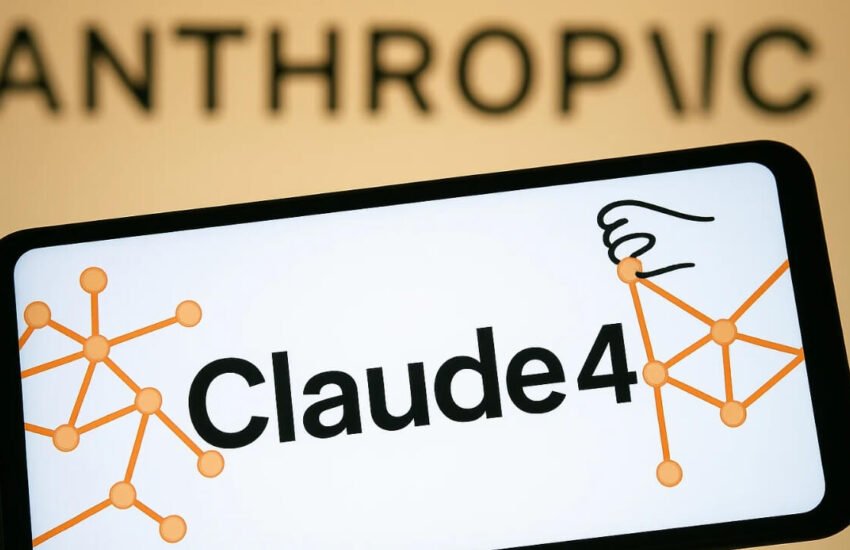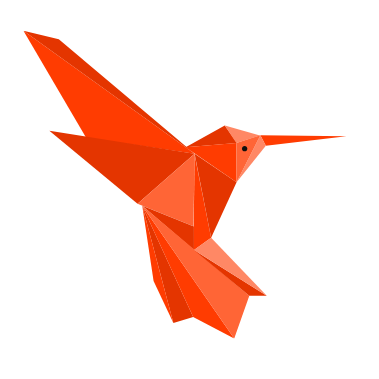Being an AI environment that is constantly up and coming, the Claude Opus 4.1 will become a landmark improvement, stretching the limits of what coding intelligent and autonomous agents can do. Applying advances in neural architecture and self-supervised learning, this new release provides quantifiable gains in practical software engineering, task reasoning, and system safety, in addition to providing a smooth transition to current users.
We have stronger programming abilities, advanced longer term task performance and a stronger sense of control to enhance safety Claude Opus 4.1 is not merely an upgrade, it is one towards the next generation of AI assistants to developers and companies.
With the Claude Opus 4.1 Coding is Given a Major Boost.
The remarkable capability of Claude Opus 4.1 to transform in complicated coding surroundings is among the outstanding factors of the product. With an equally good score of 74.5% on SWE-bench Verified benchmark, the model shows clearly its excellence in the keenness to address the problems of software engineering issues in the real world.
This latest version is superior in:
- Refactoring of Code to multi-file
- Troubleshooting Multiple and entangled codebases
- Ensuring coding style and Consistency of logic
Claude 4.1, Rakuten engineering team reports, is able to find particular code fixes without extraneous changes, a vexing problem with coding tools. Even developer platform Windsurf noted a one standard deviation gain over Opus 4, comparing the gain to jumping into Sonnet 4, from Sonnet 3.7.
Being able to support 32,000 tokens in its output, Claude 4.1 is aimed at handling complex code analysis and conversion, which enables developers to work on outdated systems as well as on the new ones.
Wider Skills than Code
Although the upgrade centres around the code, Claude Opus 4.1 also introduces increased flexibility in a range of AI-intensive operations. Its design is architecture of hybrid reasoning, which will allow it to alternate seamlessly between short form, instant results and long form, multi step logical reasoning.
Autonomous workflows and AI Agents
Anthropic has now placed Claude 4.1 as the one to build AI agents and deploy them. It exhibits impressive scores in TAU-bench tasks which are indicators of the model navigating a long-horizon task like planning, memory recall, and adaptive decision-making. The following properties are especially advantageous in:
- Workflow automation
- Enterprise support staff
- Multi step- digital assistants
Insight synthesis and data analysis
Claude 4.1 displays enhanced criticality in examining unorganized and organized data which are helpful in areas like:
- Patent and law research
- Financial modeling
- Reviews of literature in academia
It can rapidly generalize thousands of data points to an intelligible conclusion or decision structure, guiding companies to generate insights faster without loss of rigor and detail.
NLG and quality of prose
Claude Opus 4.1 also excels at content generation in addition to technical and analytical functions. Outputs are provided that are more fluid, situationally rich and well-structured by the users. Across the spectrum in which the product description, executive and narrative could be drafted, Claude has achieved a more natural human voice and structure than before.
Claude Opus 4.1 Gives preference to Responsible AI and Safety
In addition to its strengths, Claude Opus 4.1 is incredibly safe-evaluated- running at Anthropic AI Safety Level 3. Such a degree of scrutiny provides the intelligence of the model to be accompanied with responsibility.
- Among the primary safety highlights is:
- A 98.76 % policy-violating prompts rejection rate (an increase since Opus 4: 97.27%)
- 0.08% of over-refusal on harmless prompts, which translates to little interference in user experience
- No major backslides in prejudice, discrimination practices, child security response
Prompt injection and misuse has also been tested on the model. With the help of supplementary training procedures, Claude 4.1 exhibits more solid guardrails than its predecessors-and that an increase in capabilities does not come at the expense of a moral code.
Smooth Migration to the Existing Consumers
Anthropic created Claude 4.1 to be a literal drop-in replacement of Opus 4 users. There are:
- No API endpoints are changed
- No prices to be altered
- No additional integrations needed
The upgrade can be got now through:
- Claude Pro (one on one)
- Claude Code (to coordinate a coding oriented interaction)
- Anthropic, Amazon Bedrock, and Google Cloud Vertex AI API access
Such facility of adoption enables teams to implement upgrades in real-time, by enjoying the benefits of the enhancements made to performance without reengineering processes.
A Release Centred In Stability But Better Things To Come
Claude Opus 4.1 is anthropic; that is, it prioritized stability, and sought to lock in performance in common capacity-constrained deployment scenarios. It is not a radical change, but it preconditions more drastic changes in future.
The creators are already able to play with such a thing as thinking budgets, a variable, accessible through Claude API, allowing creators to consider cost, latency, and precision depending on the intensity of the task at hand. The flexibility opens up a new type of administration of AI interaction economics that can be particularly valuable in scaled enterprise environments.
Claude Opus 4.1 Conclusion: The Standard of AI-powered Coding and Ability is Set by Claude Opus 4.1
Whether it is accurate debugging of a large code base or reliable self-driving bots, Claude Opus 4.1 is a significant milestone on the path to the changing world of AI assisted development. Due to improvements in coding, the expansion of the abilities of the agent, and a strengthened safety boundary, Anthropic has managed to develop a model that balances its intelligence and integrity.
Claude Opus 4.1 is a future, responsible, powerful and high performance device that is meeting the high expectations of AI integration by organizations in the sector in the software development, analysis, and automation processes. What matters isn t what this model can do now–but what it enables in the future, smarter and safer AI tools.
you may also like
Cloudflare vs. Perplexity: The AI Search Battle Uprooting the Open Web



